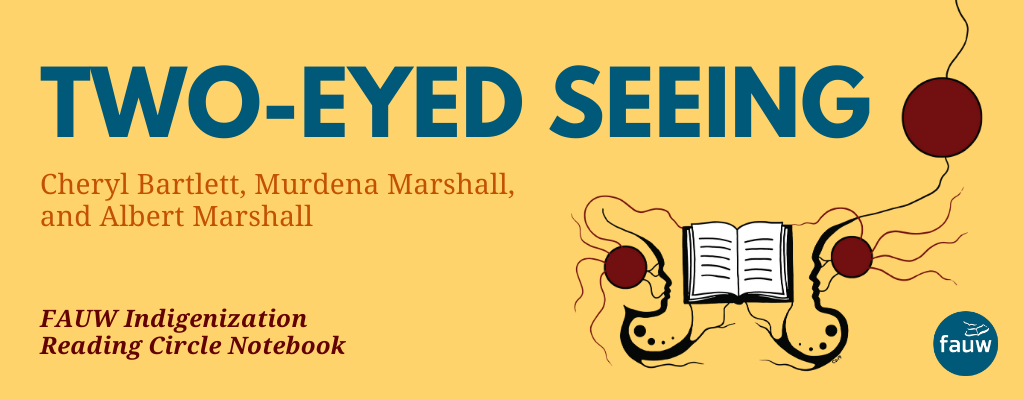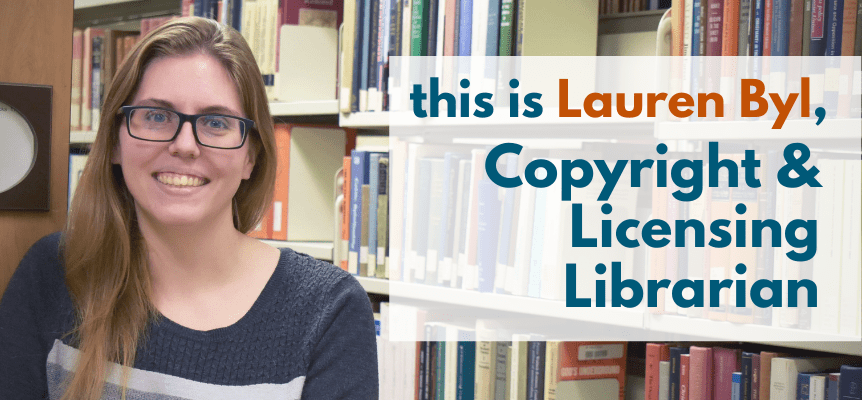Every two weeks or so, we give you a run-down of the major non-confidential topics discussed at our Board of Directors meetings. Here are the latest items:
- A new Board member. Patrick Lam (Electrical and Computer Engineering/Computer Science, Director-at-large elected in 2019) has stepped down and gone on sabbatical. Alfred Yu (also ECE) is stepping in until June 30. Nominations for this seat and the six Faculty-specific seats on the Board are open now and due in March.
- Climate Justice Working Group. The Board approved a proposal from members to form a FAUW Climate Justice Working Group. Its objectives include building climate justice awareness on campus, creating a community of practice for faculty, and sharing climate justice research with the regional community. You’ll hear more about this new group soon!
- Graduate Students Association unionization vote. The GSA Council (similar to our Council of Reps) has voted in favour of “the formation of a union of graduate TAs, RAs, and sessional instructors.” This is a green light for the GSA to explore the option of unionization. There is a detailed explanation on the GSA website. The Imprint has also published a statement from GSA VP David Billedeau.
- Our teaching workload project. We’ve collected some information about teaching workload norms and practices from our Council of Representatives. Unsurprisingly, we found wide variation across campus. This is back on the agenda at the Council of Reps meeting on February 5 as we work on narrowing our focus and filling in gaps in the data.
- Departmental addenda. Every Faculty has guidelines for performance reviews. Every department has (or is supposed to have) departmental addenda to those guidelines with department-specific criteria (teaching workload norms, for example). These are mandated by the Memorandum of Agreement and they’re important because they set out what the expectations are for your evaluation. We’ll be talking about what to include in these addenda—and why now is the time to update them—at the Council meeting on Wednesday.
- Policy 33 – Ethical Behaviour. A subcommittee of the Faculty Relations and Staff Relations committees is reviewing the feedback from the Policy 33 consultations.


